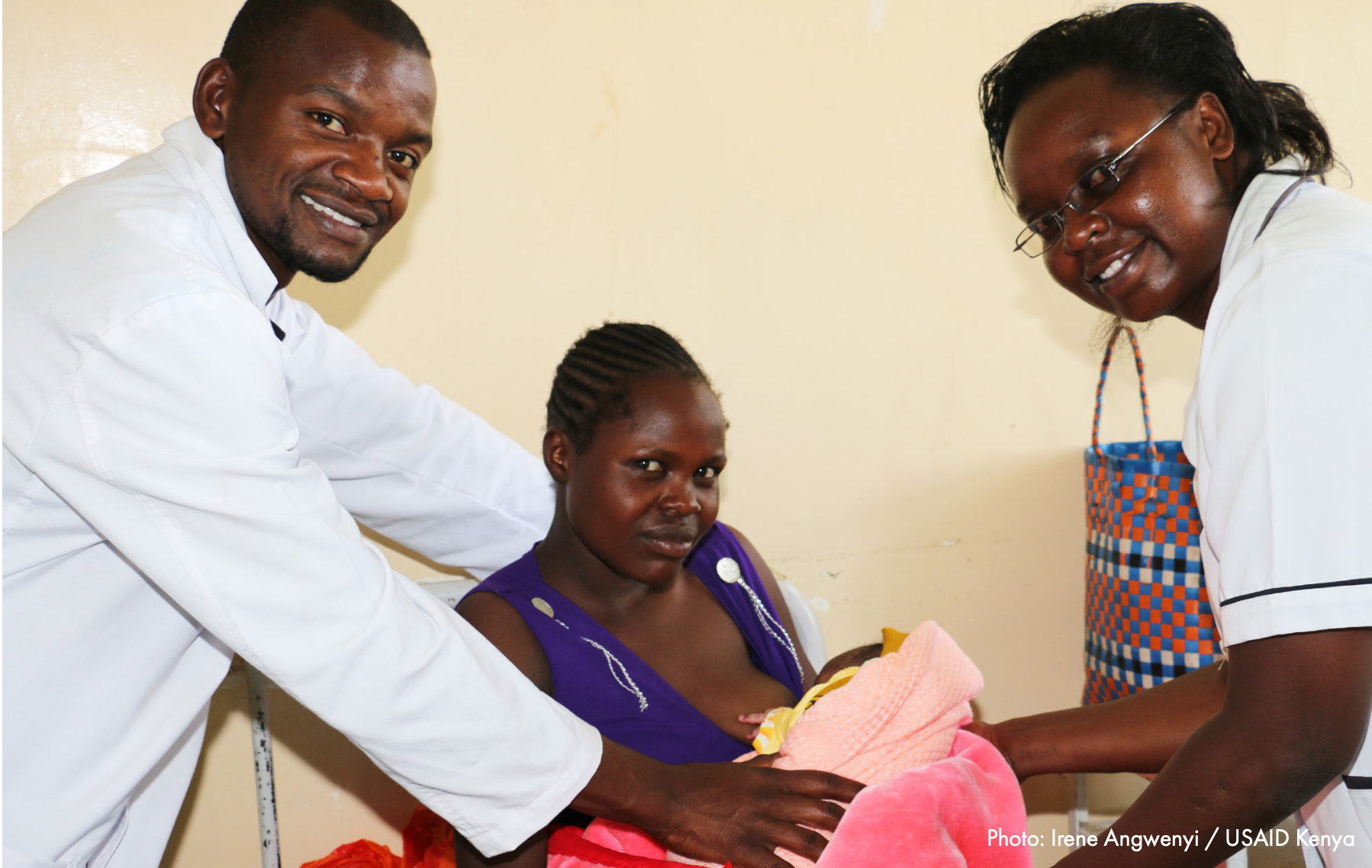Blogs

The Sustainable Development Goals (SDGs) are a universal call to action to end poverty, protect the planet, and ensure that by 2030 all people enjoy peace and prosperity. SDG 3 advocates comprehensive good health and well-being, including reducing maternal and child mortality rates and enhancing access to high-quality healthcare services.
Maternal and child health: The heart of SDG 3
A significant focus for SDG 3 is on maternal and child health outcomes, with the 2030 goal being to decrease the maternal mortality ratio (MMR) to less than 70 deaths per 100,000
live births. Agenda 2030 also aims to improve child health by reducing preventable deaths in newborns (neonates) to below 12 per 1,000 live births and under-five Mortality to below 25 per 1,000 live births. The global agenda committed countries to achieving a minimum of 75% coverage in meeting the demand for family planning, satisfied through modern contraception methods (mDFPS), attaining 95% coverage for antenatal care and skilled delivery, and reaching 90% coverage in essential childhood vaccination.
Assessing progress through the Back-on- Track project
Agenda 2030 lapses in about seven years; therefore, countries and regions need to assess progress towards achieving SDGs and formulate strategies to realign themselves and improve progress. Governments need to base their decisions on evidence for effective intervention with high-impact results.
The African Institute for Development Policy (AFIDEP) project, ‘’Back-on-Track,’’ aimed to help countries identify areas needing attention for SDGs achievement. It leveraged data and evidence to create an action roadmap.
The project evaluated progress in Ethiopia, Kenya, and Nigeria. It investigated challenges countries face in achieving their SDG targets, significantly how COVID-19 could have derailed progress on maternal and child health services. The goal was to identify areas needing improvement and offer recommendations so countries could get back on track.
Key findings and recommendations
- Maternal mortality remains a concern: It is unlikely that Ethiopia, Kenya, and Nigeria will achieve the targeted maternal mortality ratio (MMR) by 2030. Projections indicate that these countries may still have high MMRs 370, 281, and 501 per 100,000 live births, respectively. The impact of COVID-19 contributed to these challenges. It strained healthcare resources and limited access to critical services. Strengthening healthcare at the community level will be an effective intervention. Expanding health extension programs and supporting local health practitioners can also help improve accessibility to quality healthcare services.
- Adolescent and women’s health: The percentage of women using modern contraception methods (mDFPS) varies in the three countries, with Kenya leading at 83%, followed by Ethiopia (71%) and Nigeria (51%). Governments must work with the private sector to make contraceptives more accessible, especially to the youth. Policymakers must also collaborate with researchers to base decisions on solid evidence.
- Comprehensive sex education: Investing in programs that promote comprehensive sex education is vital to delay sexual initiation and improve access to contraceptives among adolescents.
- Progress in child health: While Ethiopia and Kenya may achieve SDGs goals for under-five and neonatal Mortality Nigeria still has a lot of work to do. It’s essential to strengthen primary health facilities. Adequate funding and national insurance schemes can reduce out-of-pocket health expenses.
- Data management for better progress: Improving health data management systems is vital. Regular reviews involving stakeholders can help evaluate progress and identify areas that need attention.
The journey towards achieving SDG 3 is a collective effort. Focusing on maternal and child health, collaborating with various stakeholders, investing in healthcare at the community level, and implementing evidence-based interventions, can move the world towards healthier and more prosperous futures for all. Countries in sub-Saharan Africa can learn from Ethiopia, Kenya, and Nigeria’s experiences to advance their progress towards a brighter and healthier world for everyone by 2030.
Back-on-Track was a two- and half-year project (from October 2020 to April 2023) funded by the Children’s Investment Fund Foundation (CIFF) and led by the African Institute for Development Policy (AFIDEP). The project focused on three Sub-Saharan African countries – Ethiopia, Kenya and Nigeria. However, lessons learnt in the project from the three countries of focus apply to similar countries in low- and middle-income countries (LMICs).

